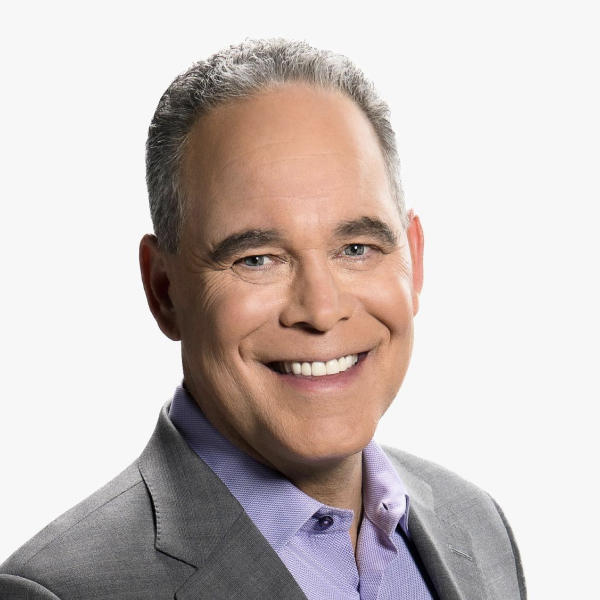Storm Chasers: Why Do They Do It?
Some of the first to arrive at the scene of the tornado that killed 10 people in Yazoo City, Miss. were the storm chasers - daredevils you've probably read about or seen in the movies. CBS News correspondent Jim Axelrod has the real story of these storm hunters and why they do it.
When the sirens started sounding in Yazoo City yesterday, Reed Timmer was there.
"It's definitely one of the biggest tornadoes I've ever seen," Timmer said.
Timmer is a storm chaser, one of those souls - hearty or a little nutty - who speed toward what everyone else is running away from, gathering information on wind speeds and storm paths that could save lives.
"Most people want to ask why we storm chase. And there's really no money in it," Timmer said. "I'm not the kind of guy who is going to save up for retirement. I haven't dated much at all. I really have no life outside of storm chasing."
While Hollywood's conferred some glamour on the intrepid scientists chasing tornadoes, Timmer - a PhD candidate in meteorology - says it is data, not thrills, that he's seeking.
"I've devoted myself to science," he said. "I'm 90 percent scientist, and if I were a thrill seeker I would be skydiving."
In the old days there was another motive: the money available for dramatic storm and twister photos. But Jeff Piotrowski, who's been chasing storms for 30 years, says if it's money you're after don't bother.
"You have to get in for the love science and helping people and along the way count your blessings because they are few and far between," Piotrowski said.
Connor McCrorey might want to listen up. When CBS News reached out the 18-year-old storm chaser after yesterday's tornado his first question was, "Have you spoken to David Drummer, my agent?"
Yes, even storm chasers now have agents.
